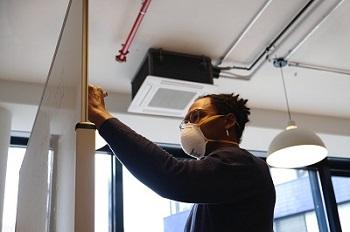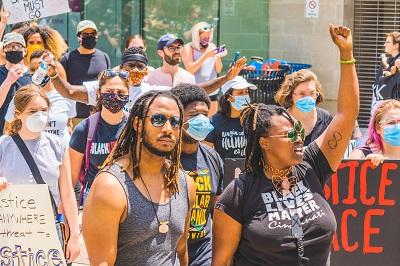ADAA Mental Health Blogs for the Public
My client Tom had been working from home since the pandemic hit in March, but now his boss had set a date for returning to the office, in only three weeks. Tom felt anxious about prolonged exposure to his co-workers, as his partner had an underlying health condition. He was stuck on what to do. Should he negotiate to continue working from home, or comply with his boss’s request to go back to the office? One choice could put his job at risk, the other his partner’s health.
Many parents around the country are being faced with deciding whether or not to have their children return to school — whether it be part-time or full-time — for the upcoming school year. For parents who suffer from significant anxiety, this can be a very difficult decision. The last thing any parent wants is to make a decision that won’t be in their child’s best interest, or that causes the child to be exposed to the coronavirus.
The COVID-19 pandemic has rapidly and abruptly changed human life in unexpected ways. In the last few months, since the COVID-19 stay at home restrictions came into place, millions of people have been working from home and practicing social distancing. As the lockdown restrictions are getting lifted or eased in various places, most people are experiencing some degree of re-entry anxiety, as they contemplate or attempt to navigate some degree of resumption of required pre-lockdown activities, such as going to work.
Today I said thank you to the staff at the senior living facility where my 97-year-old grandmother lives. At the outbreak of COVID-19, she found herself hospitalized with bacterial pneumonia – nothing related to COVID-19. Just poor timing.
Racial and related inequities have immensely traumatized Black and Brown citizens of the United States for centuries. The COVID-19 pandemic and its rates of infection, disease burden, and fatality have unprecedentedly exposed the devastating consequences of racially defined health, mortality, and economic disparities in the US.












